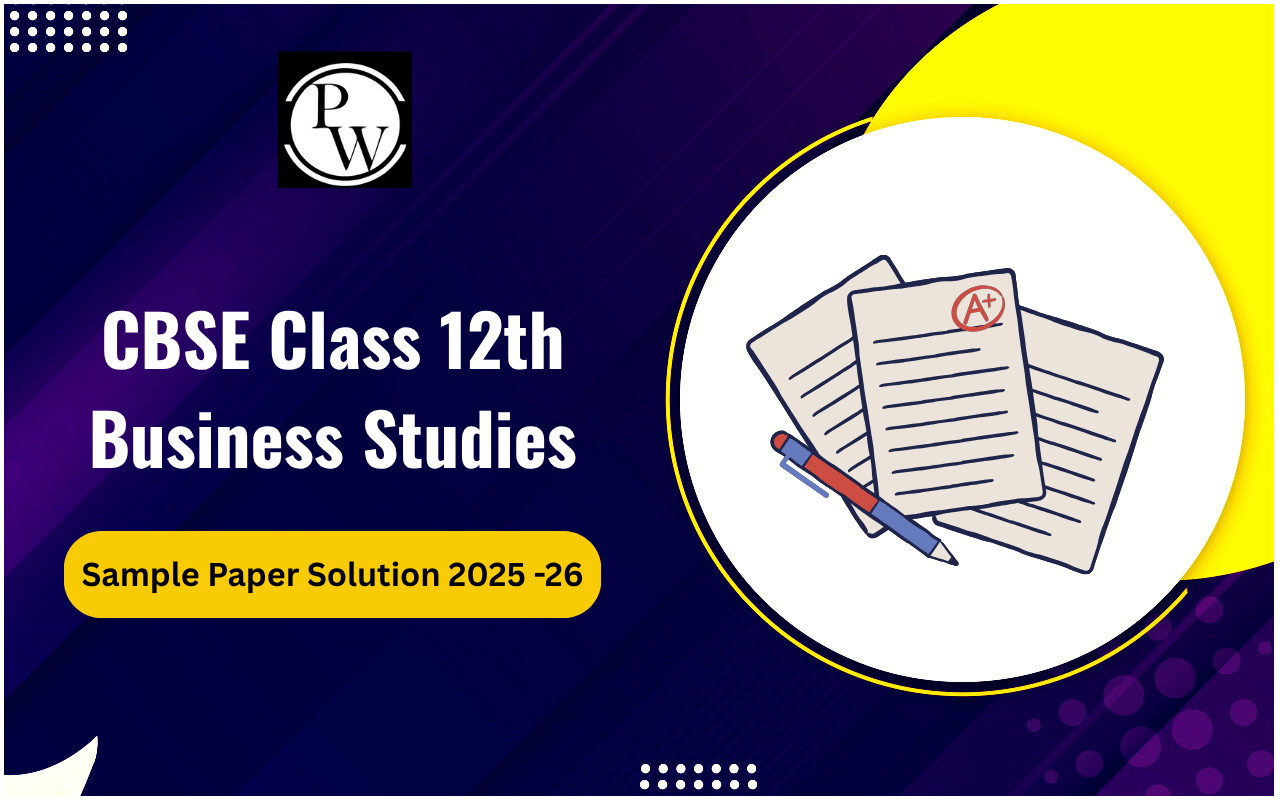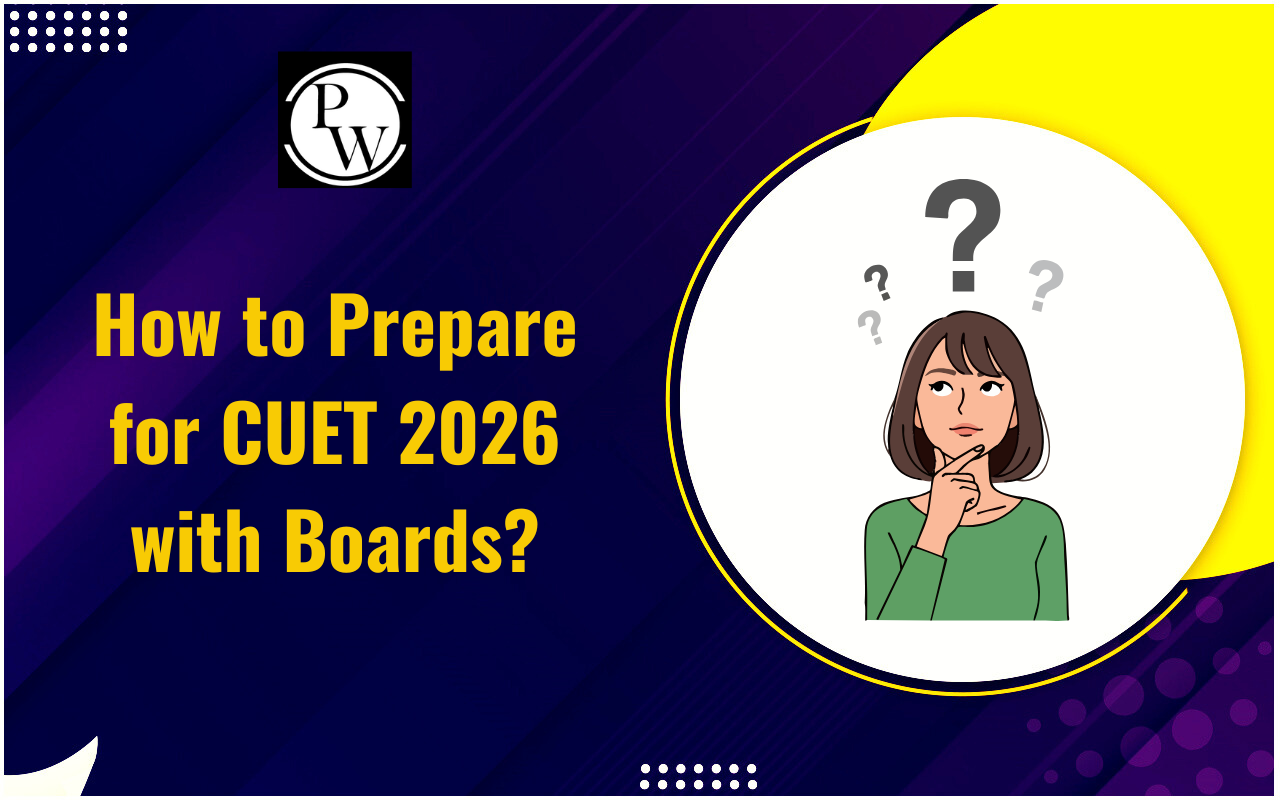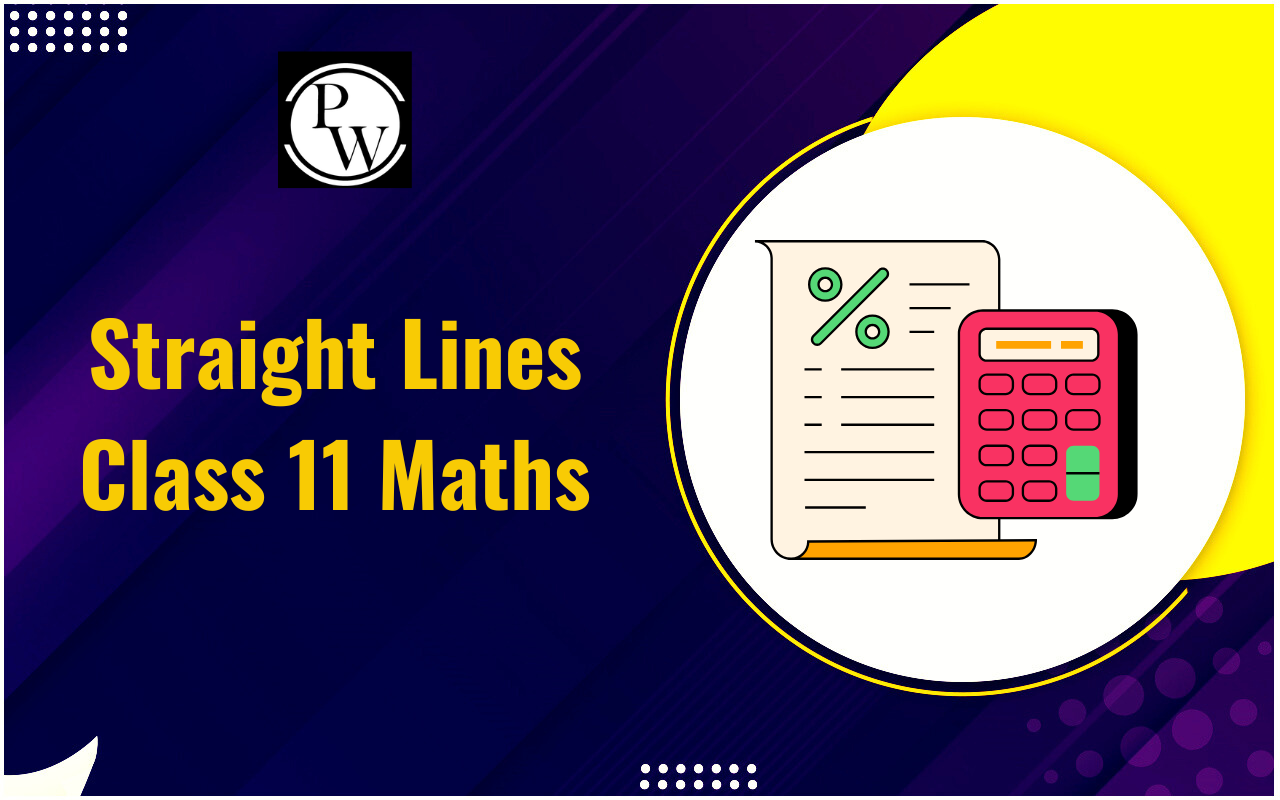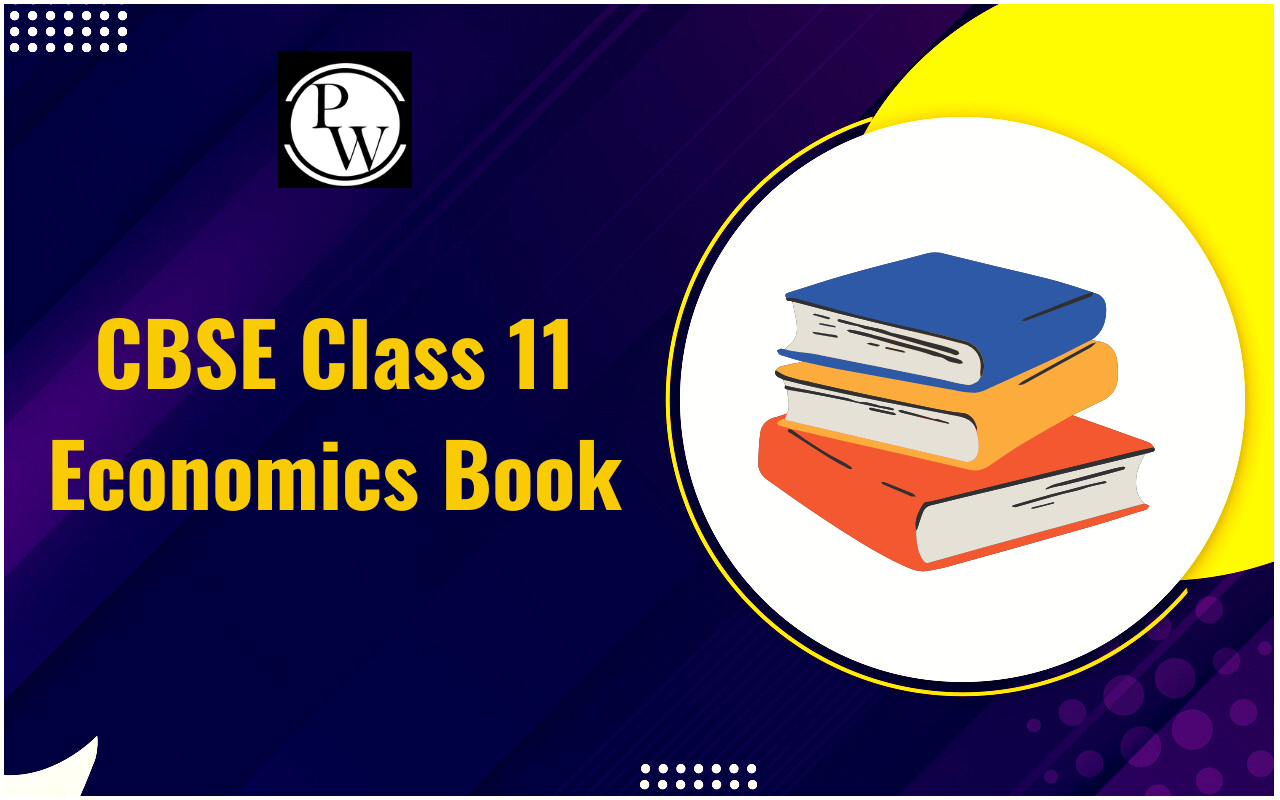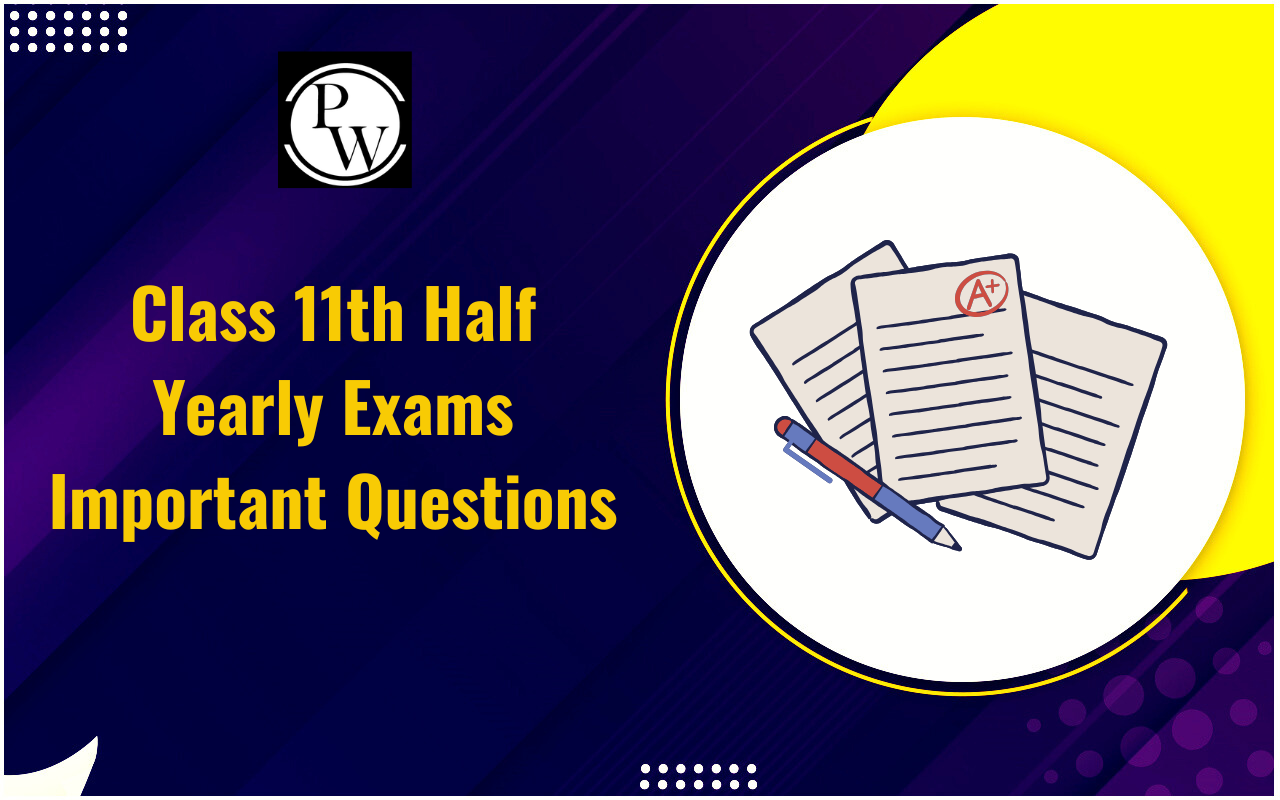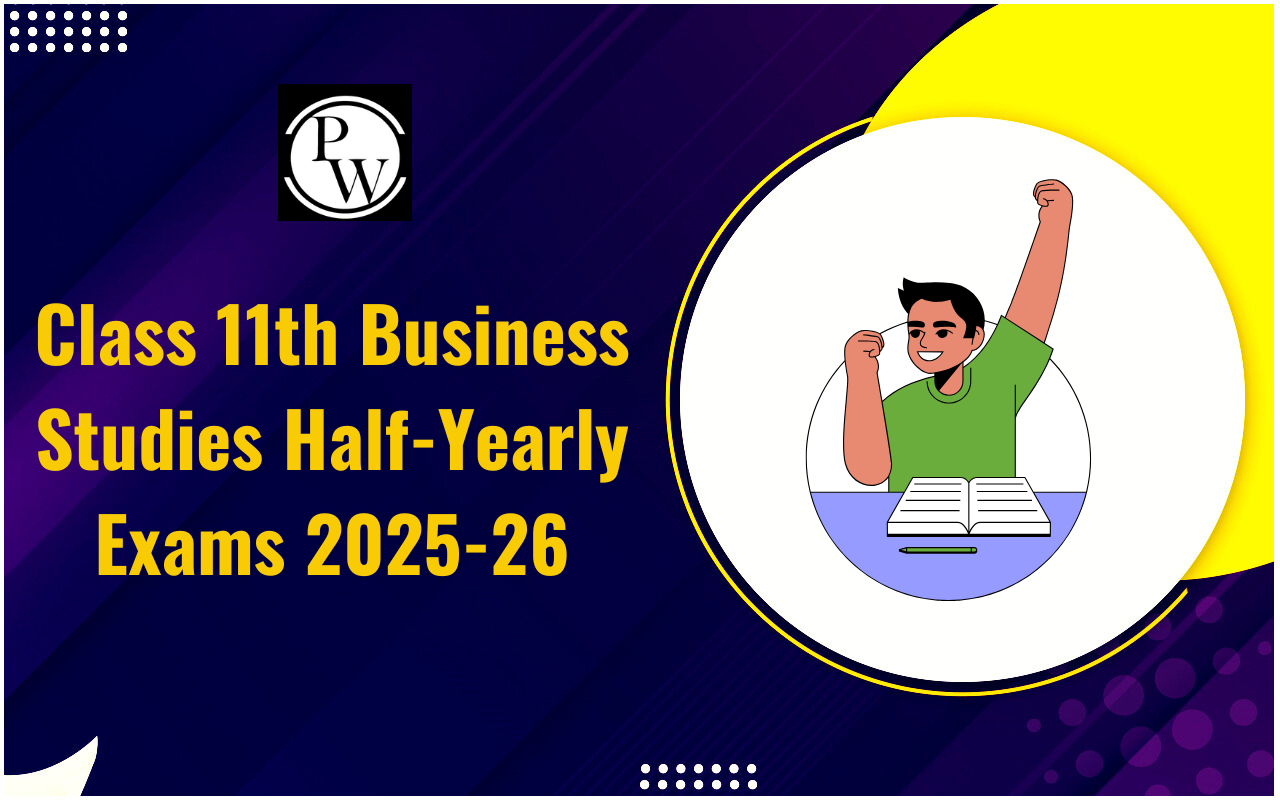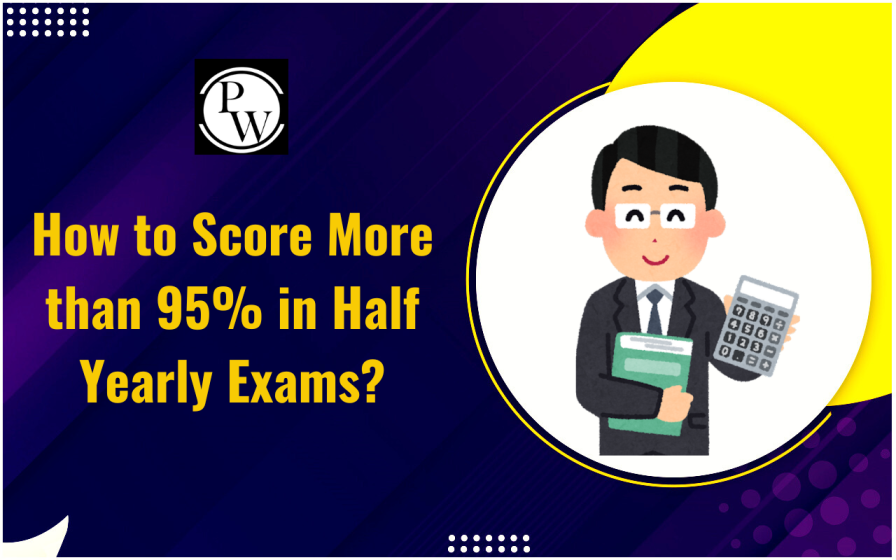
Provision and Contingent Liabilities : In the commerce stream, we encounter two important accounting terms: provisions and contingent liabilities. These terms are crucial in financial reporting, helping us understand a company's financial health and obligations. Provisions help us account for certain expenses or losses that are likely to happen, while contingent liabilities are potential obligations that may arise in the future. In this article, we will learn about the differences between provisions and contingent liabilities and why they are important for us to understand in our commerce stream studies . This knowledge is crucial for our success in commerce and prepares us for real-world scenarios in business and finance.
Provision Liabilities
In accounting, a provision refers to a liability that is uncertain when or how much it will be. It arises from past events and means that resources must be used up. A provision is like putting aside money for a future expense. For example, if we think that something the company owns will decrease in value or we'll have to pay for something in the future, we set aside money for it. Making a provision for an expense means ensuring we have enough money when needed.
We recognise provisions when it is likely that we will need to spend money to meet an obligation, and we can accurately estimate the amount.
Types of Provisions
It is important to understand the significance of provisions in accounting. Provisions are essential elements of financial reporting, allowing companies to account for anticipated expenses or losses. Now, let's explore the different types of provisions:
- General Provisions : General provisions are set aside to cover potential losses or liabilities that might happen but cannot be identified or measured during reporting. They are like a safety net to ensure that the financial statements show a fair and accurate picture.
- Specific Provisions : Specific provisions are made for known obligations or losses that we expect to happen. These obligations come from specific events or situations, and we can reasonably guess how much they will cost. We make specific provisions when we have enough proof that money must be spent.
- Impairment Provisions : These are set up to counteract the decrease in value of something we own or the chance of losing customers.
- Provisions for Contracted and Unpaid Debts : These are made when we have agreed to pay someone but haven't paid them yet.
- Provisions for Expected Debts : These are set aside when we plan to take on new debts. We estimate a percentage because we're unsure how much we will have to pay.
Contingent Liabilities
Contingent liabilities are potential obligations arising from current or past events. Their occurrence or fulfilment isn't guaranteed. According to IFRS, contingent liabilities are recognised if certain conditions are met. These potential liabilities stem from uncertain events beyond the company's control, with their realisation expected in the future. Contingent liabilities include product warranties, pending lawsuits, and outstanding debts.
Contingent liabilities are recorded in the balance sheet under two conditions:
- When it is certain that the contingent liability will occur.
- When the company can estimate the extent of the contingent liability.
Also Read: Difference between Enterprise Value and Market Capitalisation
Types of Contingent Liabilities
Contingent liabilities are potential obligations that may arise in the future due to uncertain events. Here are some common types of contingent liabilities:
- Contingent Liabilities with a Reasonably Possible Outflow of Resources : These contingent liabilities can result in resources leaving the entity. However, this possibility is not high enough to meet the criteria for recognising provisions.
- Contingent Liabilities with a Remote Chance of Outflow of Resources : Contingent liabilities in this category have a very low chance of resulting in resources leaving the entity. The likelihood of occurrence is so minimal that there's no need to recognise or disclose them in financial statements.
- Recognition and Disclosure of Contingent Liabilities : Unlike provisions, contingent liabilities are not recognised as liabilities in financial statements. Instead, they are disclosed in footnotes or accompanying notes to provide relevant information to users about potential obligations that might affect the entity's financial position in the future.
Difference between Provision and Contingent Liabilities
Before checking into the distinctions between provisions and contingent liabilities, it is important to understand their roles in accounting. Provisions and contingent liabilities are potential financial obligations that a company may face, but they differ in certainty and timing of occurrence. Now, let us explore the differences between provisions and contingent liabilities:
| Difference between Provision and Contingent Liabilities | ||
| Aspect | Provision | Contingent Liability |
| Definition | Provision liability diminishes the value of an asset due to an existing obligation resulting from a past occurrence. | Contingent liability represents a prospective obligation that may materialise in the future owing to circumstances beyond the company's influence |
| Disclosure | Information revealed in the financial statements is disclosed in footnotes | Other disclosures accompanying the financial statements |
| Occurrence | Arises from present obligations or past events | Arises from uncertain future events |
| Recognition | Recognised as a liability in financial statements (balance sheet) | Not recognised as a liability, disclosed in footnotes or accompanying notes |
| Profit and Loss Account | Any alteration in provision liability, whether it increases or decreases, is documented in the Profit and Loss Account. | Profit and Loss Account does not account for contingent liabilities. |
| Probability of Occurrence | Highly probable or certain | Reasonably possible or remote chance |
| Measurement | The amount can be reliably estimated | Amount may not be reliably estimable |
| Examples | Provisions for bad debts, warranty expenses | Product warranties, pending lawsuits |
Begin your journey towards academic excellence in Commerce with our comprehensive Class 11 Commerce courses . Master the CBSE syllabus with expert guidance and ace your exams. Enroll now!”
Differences between Provision and Contingent Liabilities FAQs
How are they recognised in financial statements?
What is the probability of occurrence?
Can the amount be reliably estimated?

